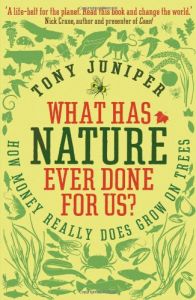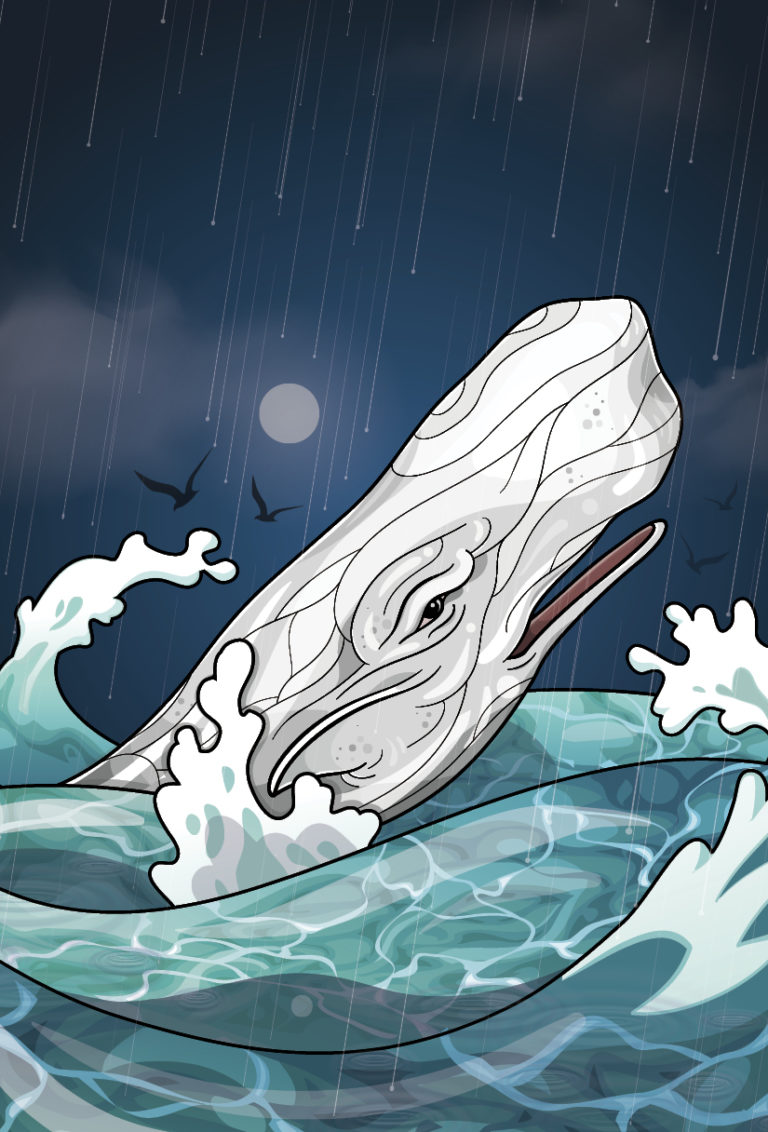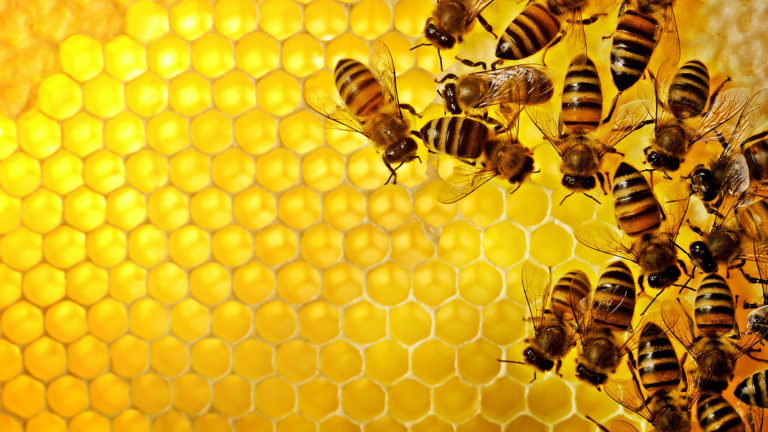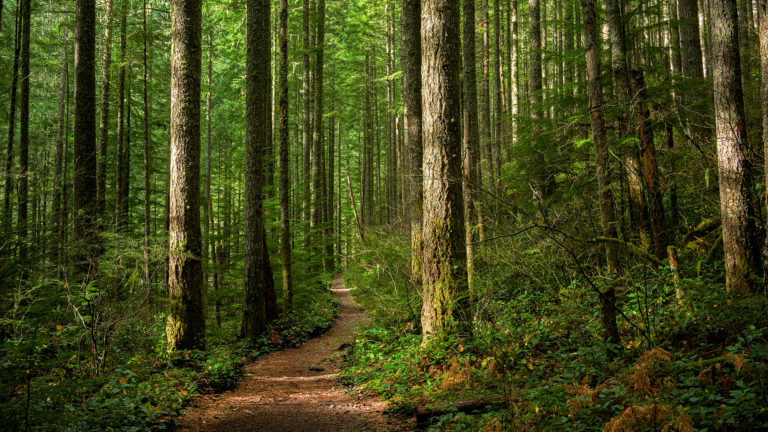Join getAbstract to access the summary!

Join getAbstract to access the summary!
Tony Juniper
What Has Nature Ever Done for Us?
How Money Really Does Grow on Trees
Profile Books, 2013
What's inside?
The economy or the environment? The solution must cover both: a smart look at why business must work with the Earth.
Recommendation
This earnest book – a tightly packed environmental economics overview – brims with facts and figures, alternately harping and hopeful about dismal ecological conditions worldwide. Eco-warrior Tony Juniper travels the planet, tracking what’s gone wrong, what environmentally aware people are doing right and what society still must do to heal the natural world. getAbstract recommends his cogent, readable analysis and finds the tale of India’s vultures particularly memorable. With a storyteller’s bent, Juniper attempts a cost-benefit analysis of nature’s services, making the case for ecology as an economic good and a worthy financial investment. He concludes that ultimately, enlightened self-interest must prevail: Earth is humanity’s only home. Society and business can ill-afford to keep destroying it.
Summary
About the Author
Environmentalist Tony Juniper is former director of the Friends of the Earth and adviser to Charles, HRH Prince of Wales.



















Comment on this summary